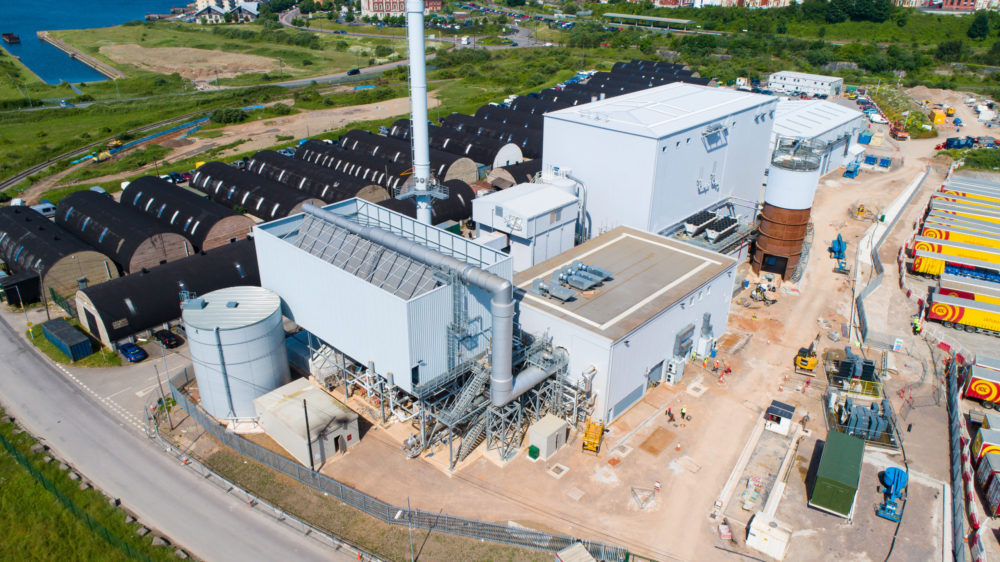Planning application for controversial biomass incinerator rejected

Ted Peskett, local democracy reporter
Plans to bring a controversial incinerator back into use have been halted, for now.
Vale of Glamorgan Council’s planning committee rejected a retrospective planning application for a wood-fired renewable energy plant on David Davies Road at a meeting on Thursday, March 21.
It is the latest in a long-running saga involving Barry Biomass Plant which was served with an enforcement notice in 2021 because there were discrepancies with the site and original plans for it approved in 2015.
The company behind the plant, Barry Biomass UK No.2 Ltd, appealed the notice to Planning and Environment Decisions Wales (PEDW) and in August 2023 the planning body quashed the notice.
A member of the council’s planning committee, Cllr Nic Hodges, said: “As someone who was actually on this committee in 2015… I can only be amazed at the differences with that plan as agreed and what we are being asked to amend.”
Discrepancies
The discrepancies with the original incinerator plans include the layout of the site, its elevation, additional structures, plant and equipment and an extension of the site to the north.
Barry Biomass UK, managed by Aviva Investors, argued that the measures in the notice served on it, which included removal of the incinerator, were excessive.
After appealing the notice, it put in the two planning applications in an attempt to regularise the site.
Committee members argued that the council’s stance on applications affecting the environment and the face of Barry itself have changed significantly since 2015, with a climate emergency having been declared and new housing developments being built.
Cllr Hodges added: “This scheme is not green, it is not environmental and… in the nine years since that plan was given consent there have been major changes in the area.”
Barry Biomass website states that its plant heats waste wood chip at a high temperature to power a steam turbine and produce electricity.
Renewable electricity
It adds that the renewable electricity produced, 10MWe, would be enough to power 27,000 homes.
Cllr Ewan Goodjohn said at last week’s planning meeting that, according to Natural Resources Wales (NRW), the incinerator would release 130,000 tonnes of carbon dioxide into the environment per year if it came back into operation.
He added: “That is double [what]… Vale of Glamorgan Council produces every single year.”
Despite the proposed noise pollution mitigation and conditions added to the application, councillors still had concerns about this issue.
One of the conditions suggested by the council states that if noise complaints are made to the local authority, the part of the plant creating the noise problem shall not operate until further mitigation is agreed.
Cllr Emma Goodjohn said: “[That] is not protecting our communities’ future.
“As an authority, we need to be effectively leading and ensuring these planning conditions are met.”
Another member of the planning committee, Cllr Mark Wilson, said: “I fully support rejection of the application.
“As many of you have rightly said, the world has moved on and we have to move on.”
The planning committee voted in favour of rejecting the plans on the basis that the additional structures at the site and other alterations would have a detrimental impact on the building over and above what was detailed in the 2015 application and that it will harm the amenity of surrounding properties.
Committee members also voted to reject the plans on the grounds that the application failed to demonstrate that there would not be an adverse environmental impact.
Aviva Investors are currently reviewing the decision made by the planning committee.
Support our Nation today
For the price of a cup of coffee a month you can help us create an independent, not-for-profit, national news service for the people of Wales, by the people of Wales.





